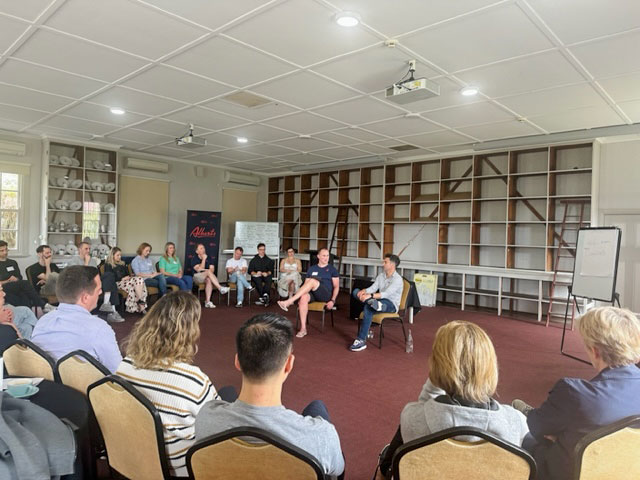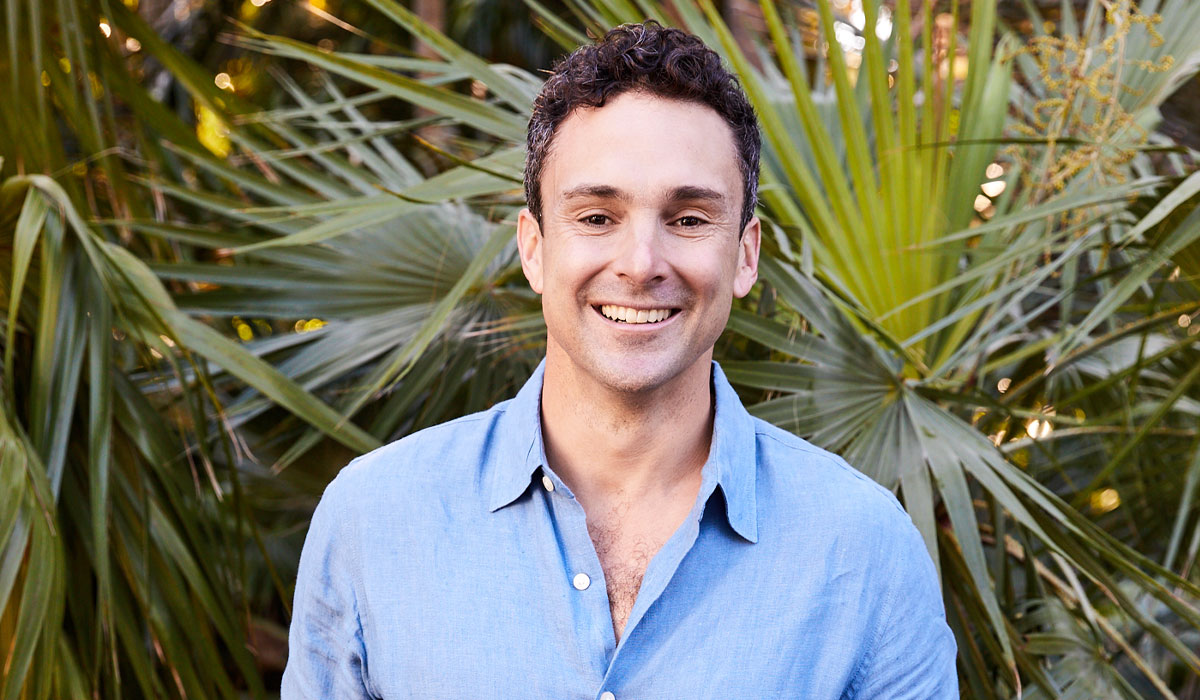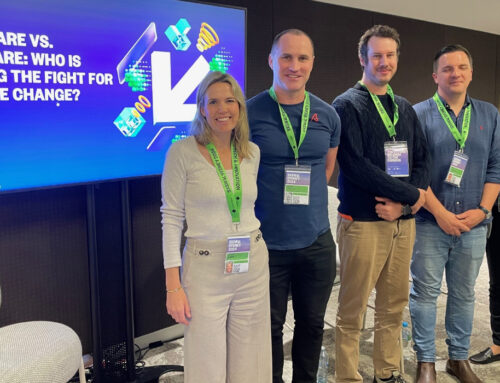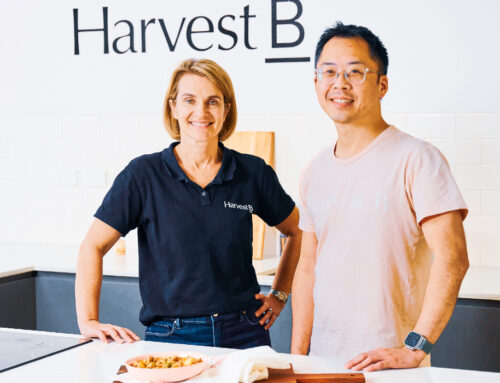Ed Cowan has already lived two very full lives despite his relative youth. For 15 years he toured the world playing cricket including for the Australian cricket team, renowned for his batting prowess. Since retiring he has built a successful second career as a key member of the investment team at global private investment firm TDM Growth Partners.
Two very different workplaces requiring very different skillsets, yet Ed knows there is one key factor that determines the success or failure of both: culture. And that is true whether you are a 500-strong profitable business, or the founder of a local start-up with five employees. Having invested in great Australian companies from Pet Circle to Culture Amp, Ed and the TDM team have spent time with some of the best founders in Australia and globally, and identified the number one determinant of business success is culture.
“Our investment thesis will start with people and culture and work its way out to the growth opportunities, market fit and competitive advantage. But culture is where we start and often it’s where we stop,” says Ed. “You can talk the talk, but do you walk the walk?”
Ed was speaking at Alberts’ inaugural two-day founder retreat at Q Station Manly in late October, when 24 founders and co-founders from Alberts 20 current portfolio companies gathered to brainstorm, unwind and hear from industry experts.

One of Australia’s oldest family businesses, Alberts is proud of its strong, flourishing culture and firmly believes it has contributed to its longevity (138 years and counting). Like Alberts, TDM is serious about culture. Before investing in a company, TDM carries out thorough diligence to assess the culture, from spending time with employees to speaking with customers and former employees and executives to get consensus on culture.
“It’s not easy but it becomes obvious very quickly if you’re asking five ex-employees, you get a pretty quick sense of where the red and green flags might lie,” Ed says.
‘Culture eats strategy for breakfast’ so the saying goes, and we know culture drives performance, but how do you build a winning culture? It all comes down to values, the foundation stone for building strong culture, at scale. Rather than 10 dot points filed away in a document, they need to be embodied and displayed by the CEO or founder, the employees, they’re implicit in the hiring process and the types of people hired, they’re reinforced in team meetings and endorsed in performance reviews.
“It’s not just about the work you do but the human you are at work, how you are as a teammate,” Ed says. “But less is more impactful. If every employee can’t name the values and behaviours that makes those values live well you’ve got no chance of people living them.”
Ensuring those values live is a top-down approach. “The ability to tell stories around why it matters, how it matters, what are the consequences of not living these values out in the open is the number one job of the founder-CEO,” says Ed. “Because that will attract the right people to do those jobs, the A-grade team to support you. Like a professional sportsperson, being a founder-CEO is the loneliest place, so understand who the people are you can rely on in every situation.”
Ed offers some savvy advice on ways to maintain a thriving culture:
- How to keep performing when you’re an over-worked, over-stressed founder: there are similarities between elite performance in sport and as a founder, Ed says, and key to both is sleep, recovery, time to switch off. “Founders don’t often tap into the checklist of sleep, exercise, diet, stress, all of which might impact your decision-making, the ability to be the best version of yourself for your family and team,” says Ed. “It’s easy in sport because you have a defined performance cycle. You need to define what your own performance cycle looks like as a founder, because if you’re trying to consistently perform at 100 per cent you’ll break. You need to work out what rest looks like for you and be religious about taking it.”
- Dealing with a cultural mismatch: if you have an outlier who sees themselves as above the team, you need to seriously consider if they’re a good fit. “We always talk about culture as tending to your garden, sometimes you need to trim the tallest plant so the others can get the sunlight because that ego-driven person isn’t allowing the team to flourish,” Ed says.
- Find the balance of vulnerability and leadership: Unsure when or how much vulnerability to share with your team in the near-constant stress that is the start-up world? “If you’re only delivering good news you’ll breed a culture where no bad news travels to you as the CEO and that’s the worst possible situation you could be in,” Ed says. “That’s a dysfunctional culture, not a flourishing, high-performing culture. There’s a huge risk to not showing vulnerability but choose your moments and with the right people. You’re the coach of the business and your job is to get the best out of the five people around you who need to get the best out of the five people around them. And that’s how culture is scaled.”
- Good governance is key: governance and culture are intrinsically linked, as a savvy board will appoint the right CEO and allow the company to grow the right way, supported by a healthy culture. “You get better outcomes with smart people around the table who’ve seen it before,” Ed says. “Finding the right people with the right domain expertise will supercharge your business, be it product, strategy or go to market. People want to help.”
At Alberts, culture goes to the core of creating sustainable companies. “We describe it as the metaphorical ‘skeleton’ of a business,” says Alberts investment manager Lisa Fedorenko. “Company culture is a core consideration for our due diligence when exploring a new investment. As we say, ‘You can’t launch a rocket to the moon from a canoe. It’s critical to get your foundations right.”






